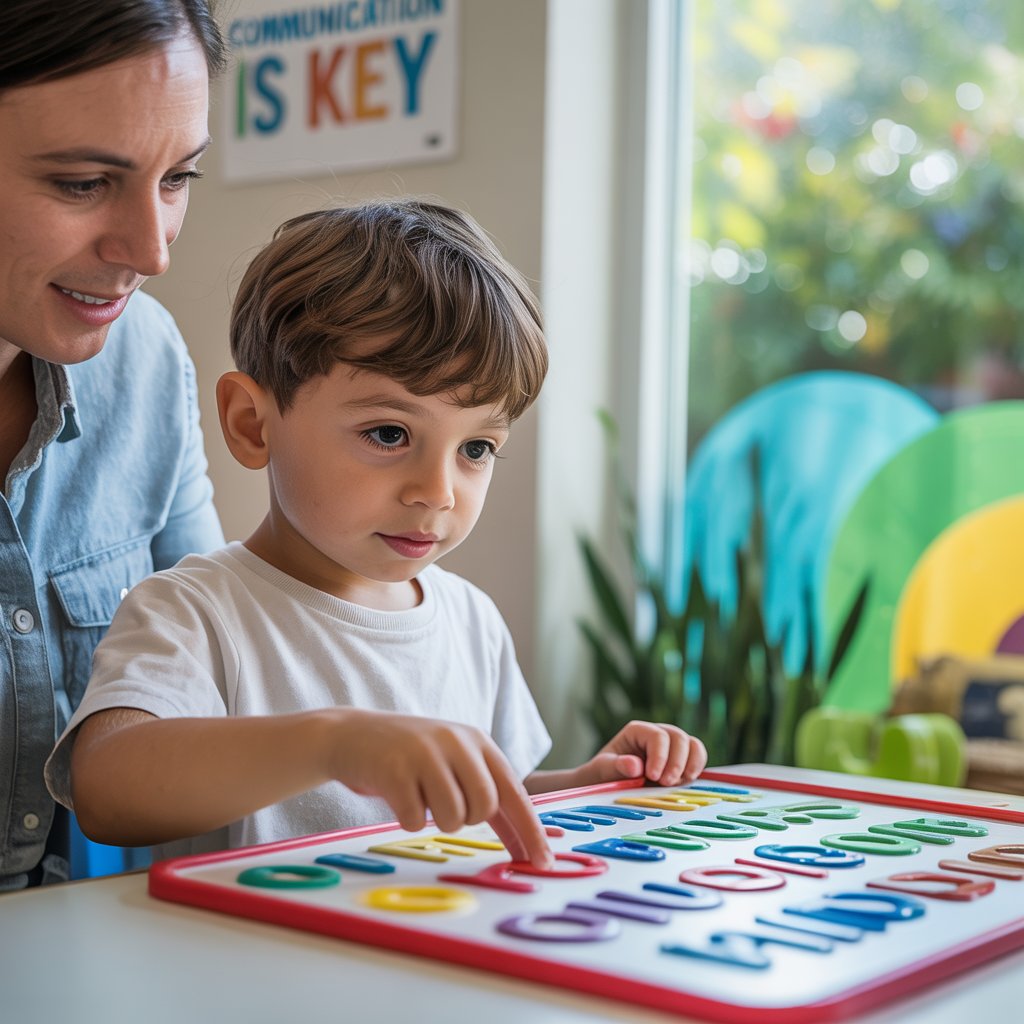Finding qualified specialists for comprehensive assessment

Getting the right diagnosis isn't just helpful—it's life-changing. But the healthcare system feels like a maze when you're trying to figure out if your child has autism, ADHD, or both.
Start with your pediatrician, but don't stop there. They're great for referrals but rarely specialized enough for complex neurodevelopmental diagnoses. You need:
- Developmental pediatricians who understand how conditions present differently across ages
- Child neuropsychologists who can perform detailed cognitive testing
- Child psychiatrists with autism/ADHD specialization
Don't just pick the first specialist you find. Ask about their specific experience with dual diagnoses. A good specialist should have at least 5+ years working with both conditions. Check if they use standardized assessments like the ADOS-2 for autism and comprehensive ADHD evaluations beyond quick questionnaires.
Pro tip: University-affiliated medical centers often have multidisciplinary teams where different specialists work together. This approach catches things individual providers might miss.
Questions to ask when seeking diagnosis clarification
Walking into a diagnostic appointment unprepared is like going grocery shopping without a list—you'll miss important stuff. Here's what to ask:
"How do you differentiate between autism and ADHD when symptoms overlap?"
"What specific assessments will you use for each condition?"
"Will you consider how symptoms might mask each other?" (This is huge—ADHD hyperactivity can hide autism signs, while autism social challenges can look like ADHD inattention)
"What data will you collect beyond the office visit?" (Observations from teachers, family members)
"How will you determine if both conditions are present versus one condition mimicking another?"
"What follow-up assessments might be needed if the initial diagnosis doesn't seem to fit over time?"
Write down the answers. Different specialists might give contradictory information, and these notes help you spot inconsistencies.
Insurance and coverage considerations for multiple diagnoses
The financial side of multiple diagnoses can be brutal. Most insurance plans cover basic evaluations but balk at comprehensive testing. Here's how to navigate this mess:
First, call your insurance directly and ask about coverage for "neurodevelopmental assessments" specifically. Get the answers in writing if possible. Ask about:
- Session limits (many plans cap at 6-10 visits annually)
- Whether they cover neuropsychological testing (often coded differently)
- If they require certain credentials for specialists
- If they cover therapies for both conditions simultaneously
When you get pushback (and you probably will), know your rights. The Mental Health Parity Act requires most insurers to cover mental health conditions comparable to physical ones. Use these exact words when needed.
Consider asking providers about sliding scales, payment plans, or whether they can code assessments in ways more likely to be covered. Some providers have grants or research programs that offer reduced-cost evaluations.

Building an effective support team across healthcare, education, and home
A diagnosis isn't the finish line—it's the starting point for building your support network. Your team needs three key players:
Healthcare Team:
- A coordinating physician who manages medications if needed
- Therapists who understand both conditions (occupational, speech, behavioral)
- A case manager who can help coordinate between specialists
Education Team:
- Teachers who've worked with neurodivergent kids
- A special education coordinator familiar with 504/IEP accommodations
- School counselors trained in social skills support
Home Team:
- Parent support groups (online or local)
- Family members who understand the diagnoses
- Respite care providers for breaks
Communication between these teams makes all the difference. Create a shared document listing all providers, their contact info, and their specific roles. Update it regularly and share with new team members.
Remember: you're the team captain. Don't be intimidated by credentials—you know your child best and have valuable insights no specialist can see in a brief office visit.







